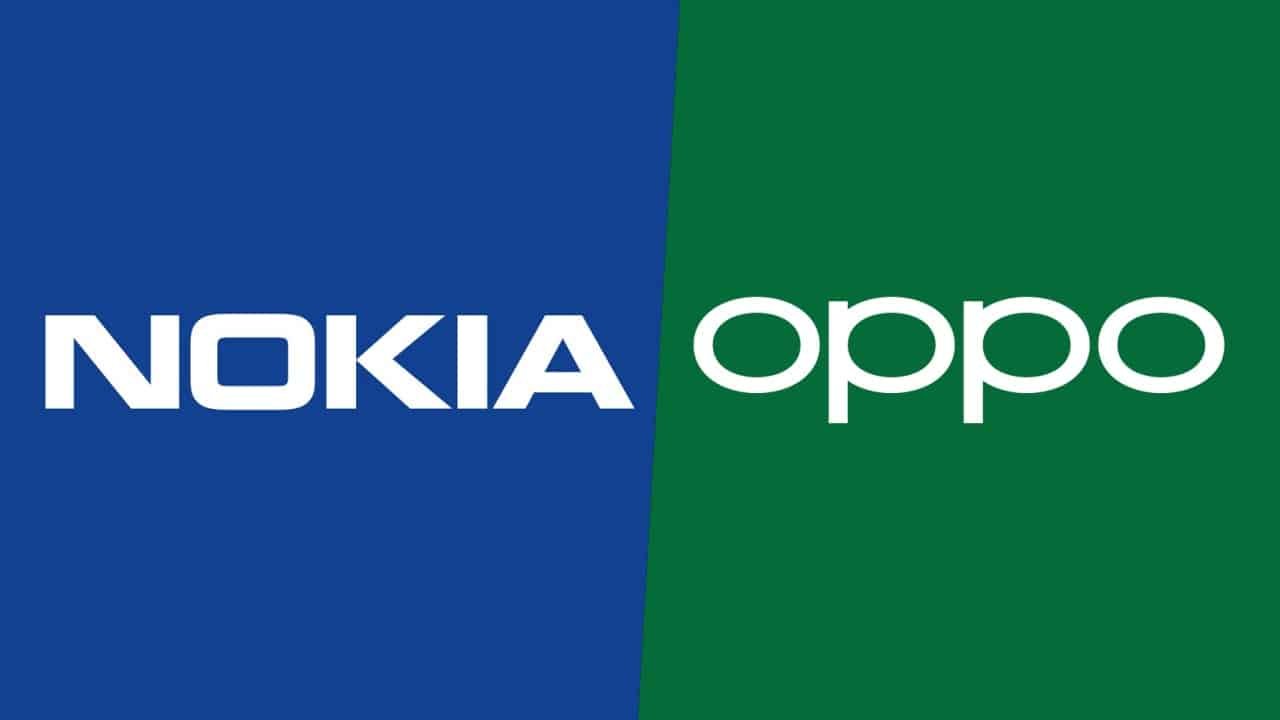Oppo, the Chinese smartphone giant, has cleared a major hurdle in its international expansion plans with the signing of a cross-license agreement with Nokia. This agreement, announced on January 24, 2024, resolves a long-standing patent dispute between the two companies, paving the way for Oppo to freely sell its 5G smartphones and other devices in markets where they were previously banned.
Key Highlights:
- Oppo and Nokia sign a global cross-license agreement for 5G and other cellular patents.
- Agreement resolves a two-year legal battle that restricted Oppo’s sales in some regions.
- Move opens doors for wider international availability of Oppo smartphones and smartwatches.
- Analysts predict increased competition in the global smartphone market with Oppo’s entry.

The dispute, which began in 2021, centered on alleged patent infringements by Oppo in its use of 5G and other cellular technologies. The legal battle escalated, resulting in sales bans on Oppo devices in several European countries, including Germany. This significantly hampered Oppo’s ability to compete in key international markets.
The new cross-licensing agreement allows both companies to use each other’s intellectual property related to 5G and other cellular technologies. This eliminates the risk of further legal battles and opens doors for unrestricted sales of Oppo devices globally.
Wider Reach for Oppo
With the Nokia patent hurdle overcome, Oppo is now poised to significantly expand its international reach. The company, already a major player in China and India, has ambitious plans to capture a larger share of the global smartphone market. Analysts predict that Oppo’s entry into new markets will intensify competition, particularly in the mid-range and premium smartphone segments.
Oppo is known for its innovative smartphone designs, powerful features, and competitive pricing. The company’s Find X and Reno series smartphones have garnered positive reviews for their camera technology, fast charging capabilities, and sleek designs. With unrestricted access to international markets, Oppo is expected to challenge established players like Samsung, Apple, and Xiaomi.
Industry Implications
The Oppo-Nokia agreement is seen as a positive development for the smartphone industry as a whole. It signifies a willingness among major players to resolve patent disputes through collaboration rather than prolonged legal battles. This could lead to faster innovation and wider availability of new technologies for consumers.
Market Experts Weigh In:
Industry analysts anticipate Oppo’s entry into these regions to significantly shake up the competitive landscape, especially in the mid-range and premium smartphone segments. Oppo’s reputation for cutting-edge designs, powerful features, and competitive pricing is expected to pose a serious challenge to established players like Samsung, Apple, and Xiaomi.
Rajeev Nair, Senior Analyst at Gartner, states, “Oppo’s arrival will undoubtedly intensify competition, pushing existing brands to innovate faster and offer more value to consumers. This could lead to a wider range of choices and potentially lower prices in the long run.”
However, some analysts caution that increased competition could put pressure on profit margins in the already saturated smartphone market. Smaller players may find it even more challenging to compete against established brands like Oppo with their wider product portfolios and economies of scale.
The cross-license agreement between Oppo and Nokia marks a significant turning point for the Chinese smartphone giant. With the patent dispute resolved, Oppo is now free to expand its international presence and challenge established players in the global smartphone market. This move is expected to bring more competition and innovation to the industry, potentially benefiting consumers with wider choices and potentially lower prices.






